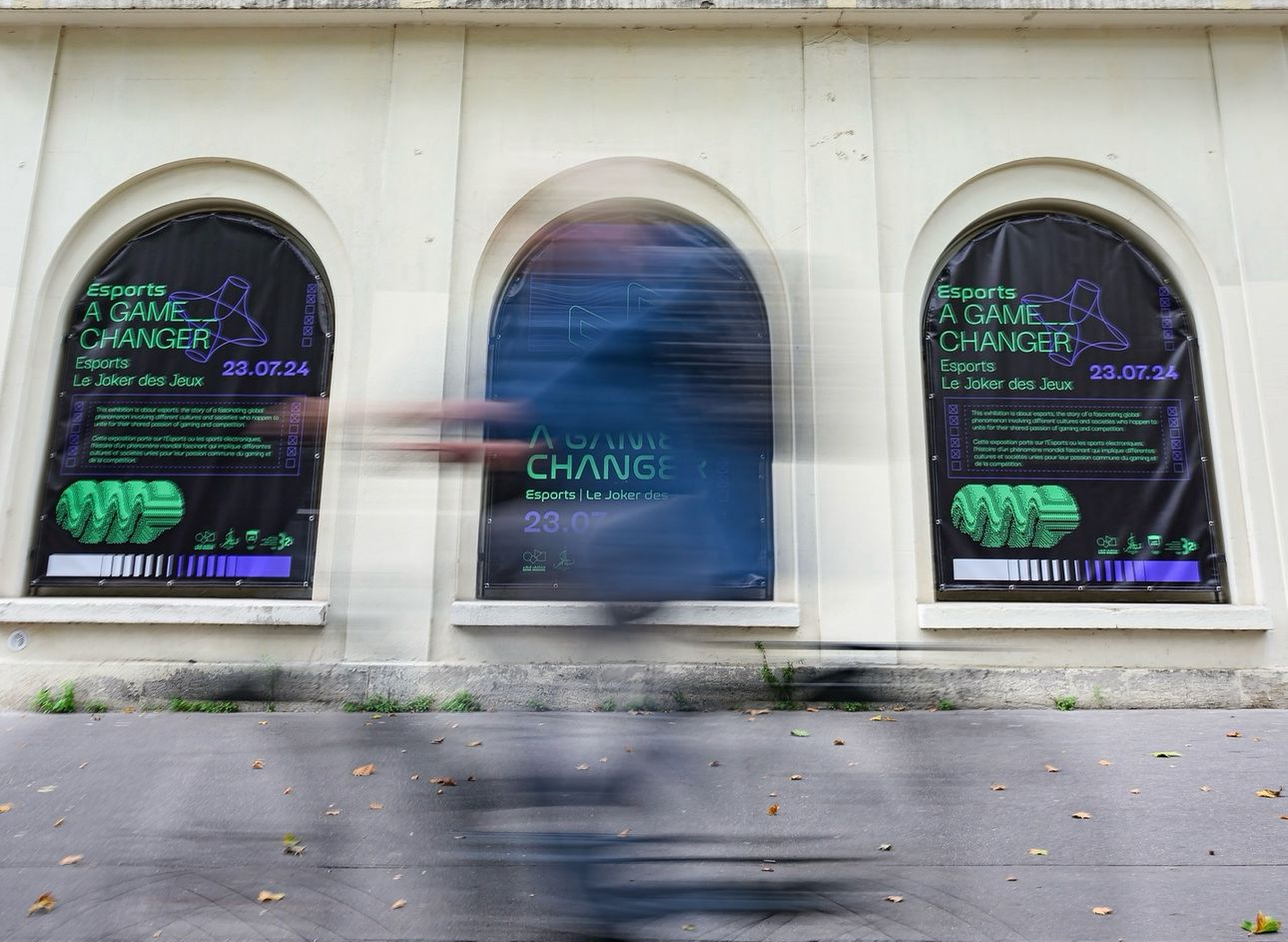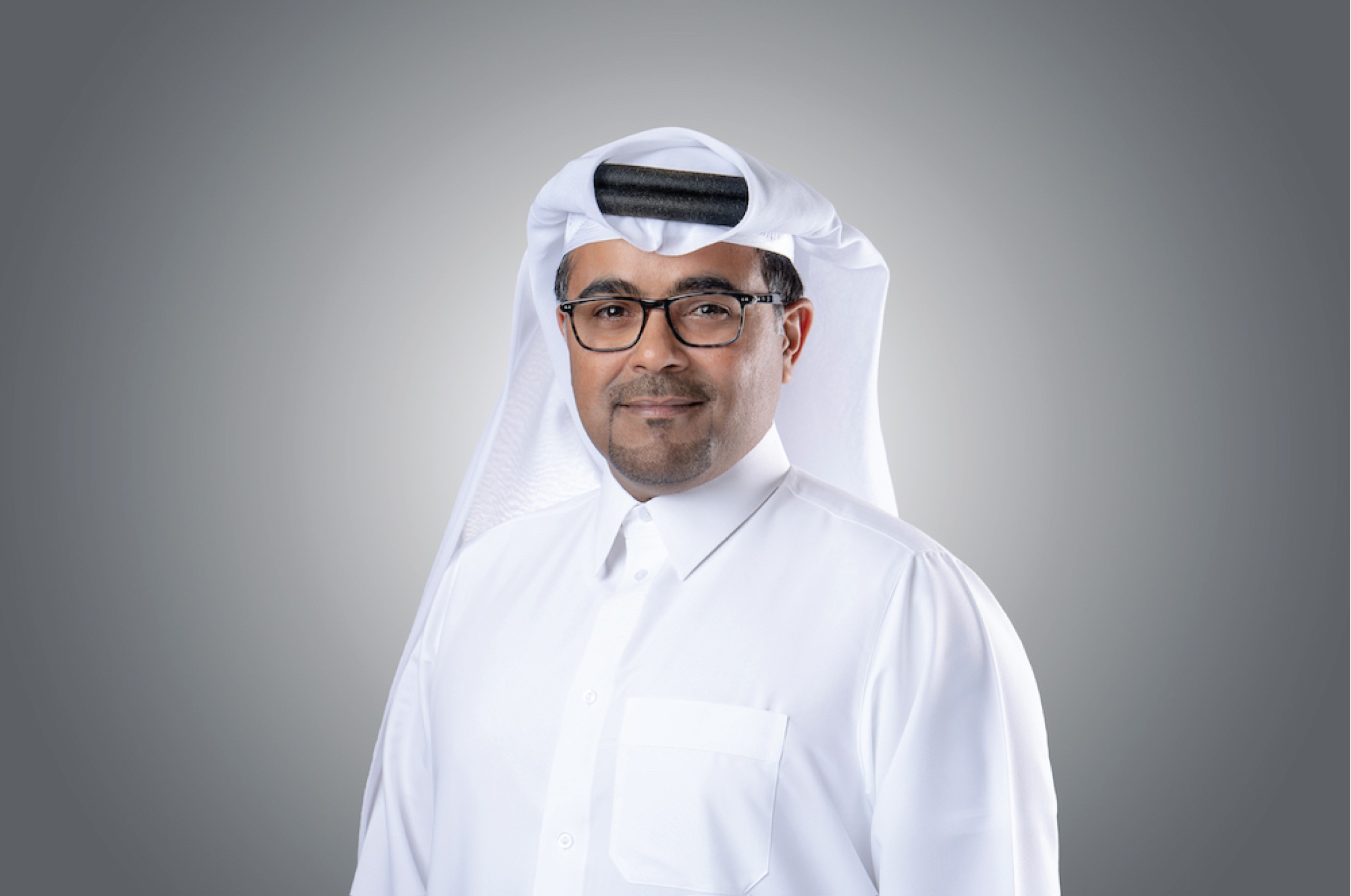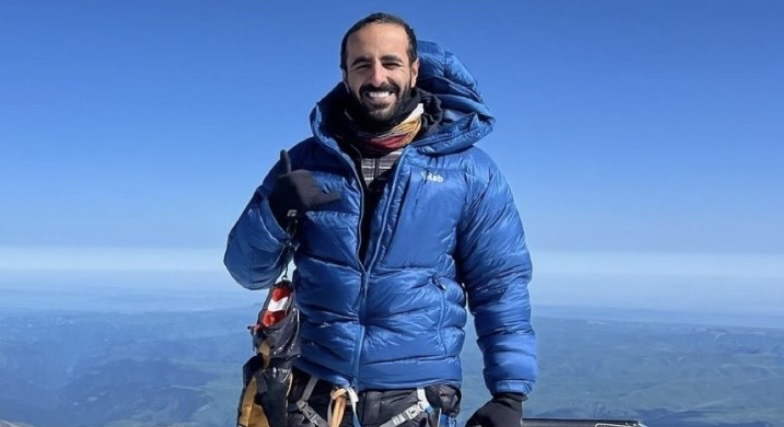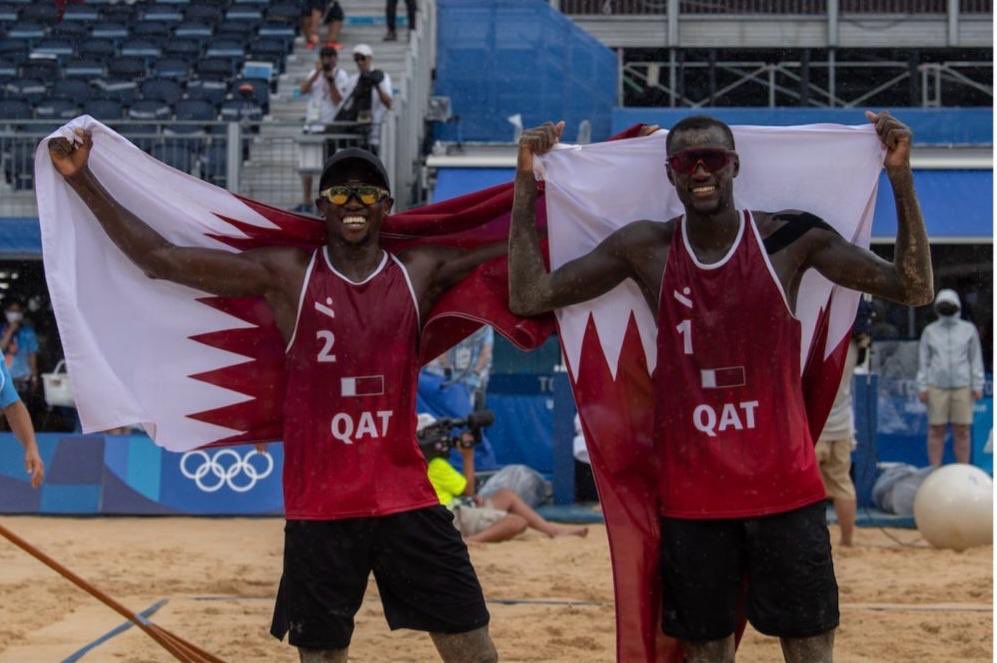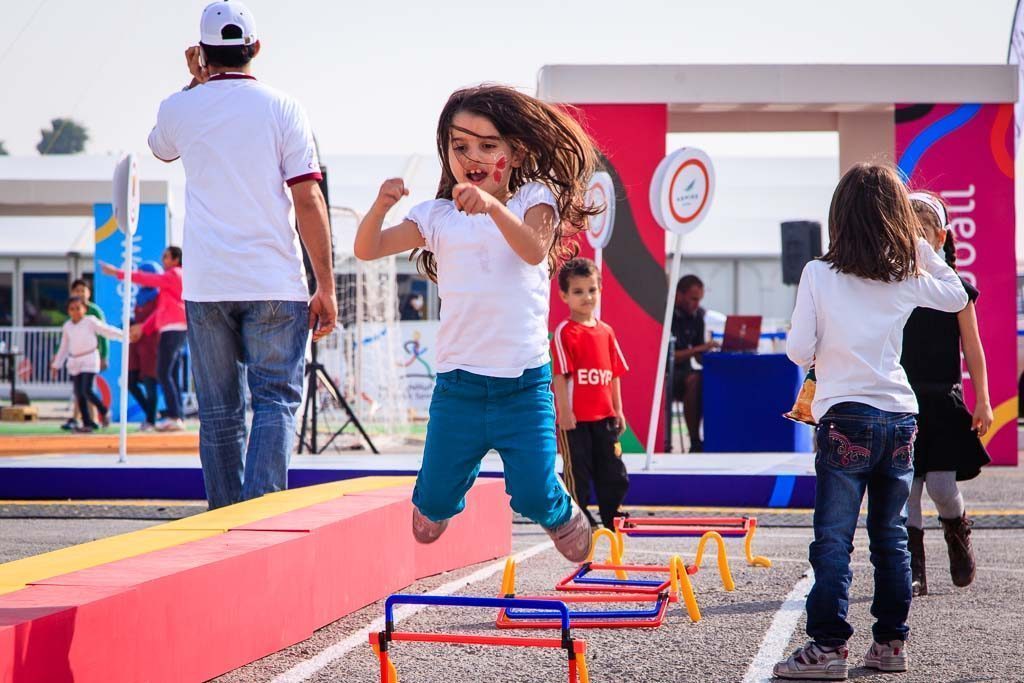
Universities in Qatar should lend greater support to aspiring local athletes by issuing those enrolled in school some credits for “national duty,” the head of Qatar’s Olympic Committee (QOC) has said.
In an interview with local sports publication Doha Stadium Plus, Secretary General Sheikh Saoud bin Abdulrahman Al Thani said institutions here should back their home-grown talent, and allow them to take time out from studying and working in order to focus on sports.
Al Thani also urged society at large to be more open-minded about their children pursuing a career in sports. He said parents usually prefer that young people study at a university and obtain a stable job after that.
Saying that sports can be done alongside academic work, he called for a new campaign to promote athletics:
“We’ve to convince children that representing the country on the international stage is an honor and pride. One needn’t abandon studies to make that happen.”
It’s very important that everyone within the system helps Qatari athletes grow. Some of our best competitors are still students while others work with private companies.
Al Thani also suggested that companies take a longer-term view on allowing their staff time away from work, adding that participation in sports can create well-rounded and emotionally mature individuals.
“Employers should also understand that if an athlete does well for the country, the credit goes to them as well,” he said.
His comments follow an editorial by DSP’s Editor in Chief Dr. Ahmed Al Mohannadi, who earlier this year called for companies to better support Qatar’s up and coming sporting heroes instead of focusing on “brand” Qatar.
In an opinion piece, Al Mohannadi cited a dearth of funding and support for Qatari sportsmen and women, including motorcyclist Mishal Al Naimi and rally driver Abdulaziz Al Kuwari, who had no corporate backing for 2014 at the time.
Renewed focus
Qatar has for some time focused on sports as a way of galvanizing its multinational state, and hosts strings of international sporting competitions throughout the year.
The upcoming 2022 FIFA World Cup is the most high-profile global event on its calendar.

Qatar’s athletes performed well at the Doha-based Asian Games in 2006, securing a total of 32 medals, including nine golds.
But its sporting performance internationally since then has come under criticism. Al Thani defended Qatar’s position, referring to its small national population of around 300,000, saying “considering our geographical limitations, we’ve done well.”
In addition to hosting big-name events, Qatar has also tried to foster a love of sports in its young people, through the establishment of national initiatives such as the Schools Olympic Program (SOP).
Sports in schools
Now in its eighth year, the program includes sporting competitions in many areas, including football, fencing, taekwondo, as well as para-table tennis and para-athletics.
The recently introduced National Sport Day, which is held every February, also aims to get the country moving, and to get more people to understand the importance of healthy living.
Those efforts appeared to have helped. Despite cultural reservations, interest in Qatar’s Women’s Football League has been growing since it was first established in 2012, and seven teams now regularly compete.
However, others have questioned the actual success of SOP. In an interview with Doha Stadium Plus last month, an unnamed SOP official said that schools with national team members often fielded them across multiple sports during the schools program, which gives them an unfair advantage.
SOP also schools cash incentives to take part in the initiative, which deflects emphasis away from competition for its own sake, making the program more about money, DSP charged.
However, during his recent interview, Al Thani defended the program, saying its objective wasn’t just to talent spot, but also to instill the notion of healthy living in Qatar’s young people.
He also reveals plans to extend the model of SOP to college and university level. The new program, which he said should launch before the end of this year, will include all higher education institutions (national and international) and will start with a few different sports.
Thoughts?


